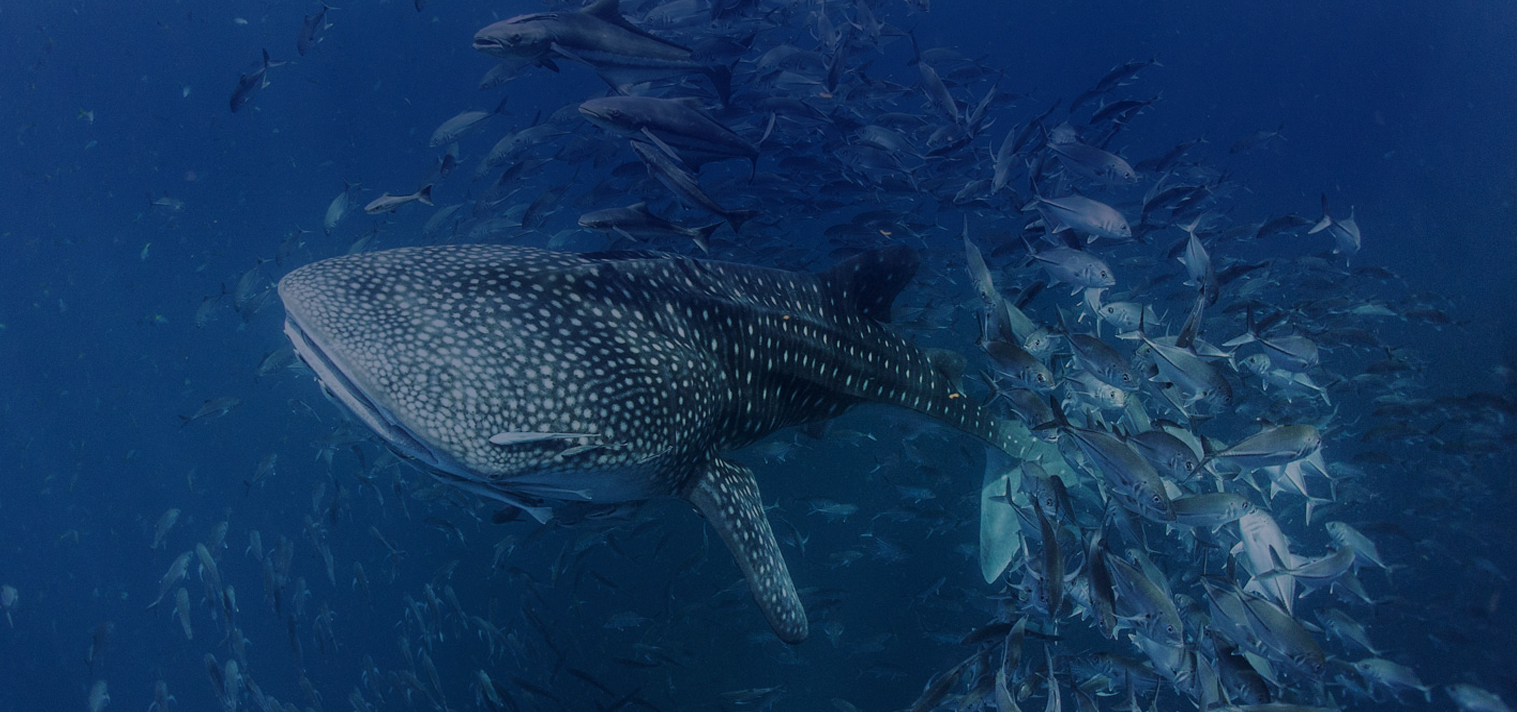IOCARIBE Gathers in Brasilia to Conduct its Eighteenth Intergovernmental Session and Advance Ocean Science in the Caribbean and Adjacent Regions
The Eighteenth Intergovernmental Session of the IOC Sub-Commission for the Caribbean and Adjacent Regions (SC-IOCARIBE-XVIII) concluded in Brasilia, Brazil, marking a pivotal moment for regional cooperation in ocean science and sustainable development. Held in a hybrid format from April 23 to 25, 2025, and preceded by a Technical Science Meeting on April 22, the event brought together government representatives, scientists, and stakeholders from across the Tropical Americas and Caribbean (TAC) region.
Hosted by the Government of Brazil at the UNESCO Office in Brasilia, the session was convened under the leadership of Dr. Marck Oduber, Chairperson of IOCARIBE. The hybrid format enabled broad participation, reflecting the region’s commitment to advancing ocean science in alignment with the United Nations Decade of Ocean Science for Sustainable Development (2021–2030).

21 mai 2025
A Strategic Agenda for Regional Ocean Governance
The session’s agenda focused on reviewing progress since the Seventeenth Intergovernmental Session of IOCARIBE held in 2023, evaluating the implementation of the Ocean Decade in the TAC region, and setting priorities for the 2026–2027 biennium. Key discussions centered on enhancing coordination among Member States, mobilizing funding for ocean science initiatives, and strengthening institutional frameworks. The session culminated with an IOCARIBE Board of Officers election which saw Dr. Marck Oduber (Aruba), re-elected as Chairperson; Dr. Roberto de Pinho (Brazil) and Dr. Soraya Silva (Venezuela) – both re-elected Vice-Chairs; and Dr. Rahanna Juman (Trinidad and Tobago) be elected as new Vice-Chair.
In a strong show of support for the UN Ocean Decade, IOCARIBE reaffirmed its commitment to the implement the TAC Decade Roadmap. The Sub-Commission welcomed the establishment of a Regional Decade Coordination Office (DCO) and called for a comprehensive assessment of endorsed Ocean Decade Actions in the region.
A major focus of the session was the enhancement of the IOCARIBE Global Ocean Observing System (IOCARIBE-GOOS). Building on recent decisions by the IOC Assembly and Executive Council, IOCARIBE emphasized the need for stronger regional coordination and stakeholder engagement to improve forecasting capacities, particularly for hurricanes and coastal flooding.
Member States were invited to continue supporting activities related to GlobalCoast / CoastPredict in the region, particularly those advancing pilot implementation, national engagement, and the formulation of regional strategies under the UN Ocean Decade endorsed projects such as the Integrated Coastal Hazards Early Warning System and Services (iCHEWS-TAC).
Recognizing the critical role of education and public engagement, the session highlighted the contributions of the Ocean Literacy Task Team. Notably, the Georgia Aquarium offered to support the expansion of the Blue Schools Caribe Network, while One Ocean Hub proposed initiatives to empower coastal communities. IOCARIBE aims to foster a culture of ocean stewardship through partnerships, curriculum integration, and community empowerment.
The session also celebrated the operationalization of the Ocean Coordination Mechanism (OCM) for the Wider Caribbean, a regional platform supporting integrated ocean governance under the CLME+ Strategic Action Programme and the GEF/UNDP/UNOPS PROCARIBE Plus Project. Member States and organizations were encouraged to join the OCM, participate in its Steering Group, and leverage its resources to advance, for example, Marine Spatial Planning (MSP) processes in the region.
A few key recommendations of the session included to establish a Task Team on Marine Spatial Planning in support of capacity development activities such as those supported by the UNDP/GEF/UNOPS PROCARIBE+ Project; and to establish a Task Team on Deep-Sea Research to train new generations of science leaders and researchers aboard regional research vessels.
These initiatives reflect IOCARIBE’s growing leadership in fostering collaborative, science-based ocean governance across the Caribbean and adjacent regions. As the region faces mounting climate and environmental challenges, IOCARIBE’s coordinated approach offers a pathway toward sustainable, resilient, and inclusive ocean development.
Looking Ahead
As the session concluded, participants expressed optimism about the region’s ability to meet the challenges of sustainable ocean governance. The new election of the Board of Officers, for the next intersessional period signaled a renewed commitment to collaboration and innovation.




